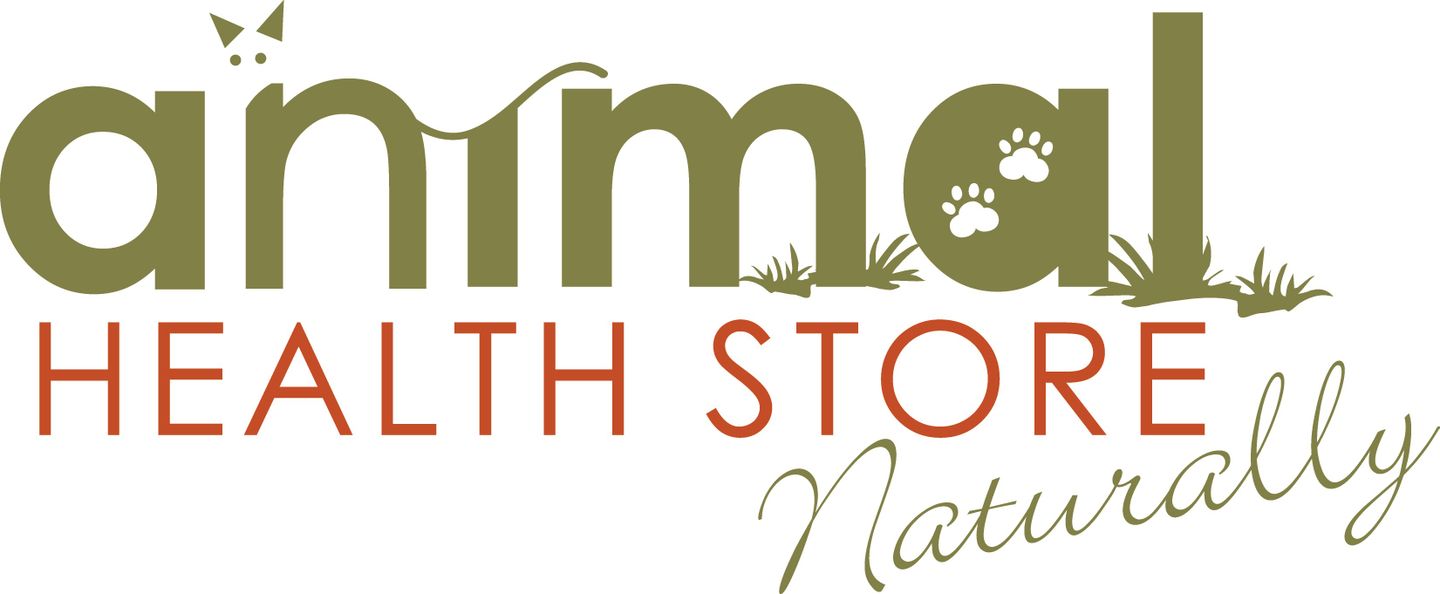L-Carnitine Injection 100mL
NAV-8737
Ceva L-Carnitine amino acid supplement to enhance energy production for performance horses and dogs.
L-Carnitine Injection
NatureVet
L-Carnitine supplement for horses and dogs
Contains:
L-Carnitine 200 mg/g, D-Panthenol 20 mg/g (Vit B5)
Presentation:
30 g multidose syringe and 250 g bag
Dosage & Administration:
Adult horse: 10 mL
Dog: 1 mL per 10 kg bodyweight
Administer 2 -3 times weekly or as directed by your veterinarian. To administer, place syringe in corner of mouth and place dose over the back of the tongue.
L-carnitine plays a vital role in muscle metabolism during exercise. L-carnitine forms the transport system that moves fatty acid molecules into the mitochondria (furnaces) of the cell where they are burned for fuel (Strack, et al 1964). L-carnitine also inhibits the build-up of lactic acid in muscles, which helps delay the onset of fatigue (Brevetti, et al 1988). L-carnitine also helps with the oxidation (burning) of pyruvate and branched chain amino acids in the energy cycle (Bremer 1983) It also prevents the build-up of fatty complexes within cells, which can damage muscle cell membranes (Stumpf 1985).
The level of L-carnitine in the muscles plays a major role in determining the exercise capacity of the muscles. L-carnitine is also essential for normal heart function and L- carnitine supplementation is recommended for patients with heart failure (Kosolcharoen, et al 1981).
Human athletes take L-carnitine supplements to enhance fat metabolism and to improve performance (Strack, et al 1964, Cooper, et al 1986). L-carnitine supplementation has been shown to enhance both sprint and endurance performance. L-carnitine increases endurance ability (Canale, et al 1988), as fat is the main energy source for endurance exercise. During sprinting L-carnitine plays an important role in carbohydrate metabolism by buffering lactic acid and thus delaying the onset of fatigue. Supplementation has been shown to increase maximal work output (Siliprandi et al 1990) and VO2 max during sprint exercise (Marcone, et al 1985, Angeline, et al 1986). The rationale for supplementing human athletes applies equally to the performance horse, which has very high energy requirements. There is evidence that L-carnitine levels in equine plasma increase with training (Foster, et al 1989) thus the effect of L-carnitine supplementation will be enhanced during training. High fat diets are recommended for exercising horses as they have a very high energy content and have been shown to improve racing performance (Eaton 1994). The utilisation of a high fat diet will be enhanced by supplementing with L-carnitine.
Store below 25˚C (AC). Protect from light.
Also available , see seperate data sheet

